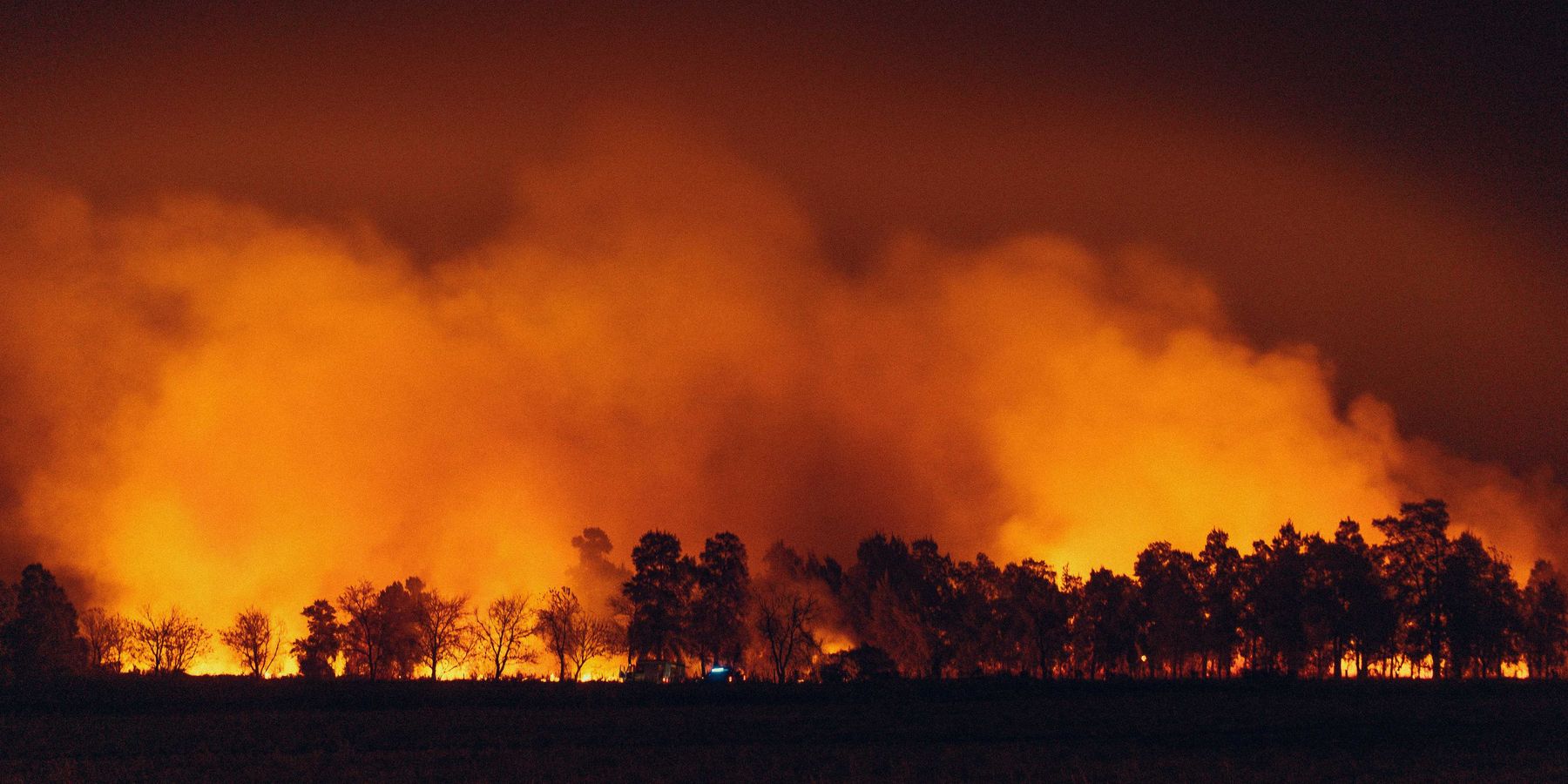Peter Dykstra: Forgotten history
Early laws that were either the first step in environmental protection or the last straw in Native American genocide.
As for lifting fingers, most—but not all—of the rest lifted the same finger against the environment. (Hint: It’s the same finger that we native New Jerseyans use during minor traffic disputes.)
McKinley’s laws
Republican president William McKinley, however, signed into law the predecessors of the Endangered Species Act and the Clean Water Act. The Rivers and Harbors Act was passed by Congress and signed by McKinley in 1899. The oldest pollution law in the U.S., a section of this law called the Refuse Act offers criminal penalties for dumping in waterways, and rewards for those who turn in dumpers. Mostly ignored until the 1960’s, the law was deployed in the fight to clean up the Hudson River before it was leveraged into the Clean Water Act.
The Clean Water Act was passed by Congress in 1972, but Nixon did not sign it into law, as he did with the Clean Air Act, the Endangered Species Act, and more. Nixon vetoed the CWA as too expensive, and with bipartisanship not seen in recent years, Congress overrode the veto.
In 1900, McKinley signed the Lacey Act, one of the first sweeping wildlife protection laws. The Act limited the interstate and international trafficking in fish, birds, mammals, and plants. It’s still in effect and has been a source of somewhat recent headlines: in 2011, the U.S. Fish and Wildlife Service used the Lacey Act to bust Gibson Guitars for using illegally imported Madagascar rosewood.
Gibson denied the charges as Fox News and other conservative news outlets had a field day telling the latest tale of Big Government picking on a beloved American institution. A year later, Gibson quietly fessed up, paying a $300,000 settlement.
It’s also worth noting that while the arch-conservationist Teddy Roosevelt served as McKinley’s vice president, he was not yet VP when the Rivers and Harbors Act and the Lacey Act were signed into law.
Land-use laws as a tool of genocide
It’s been more than 200 years since the first land use law, which seemed designed to throw Native Americans off their land.
In 1820 Congress passed the Land Act, dropping the price of an acre of unclaimed land by 40%. It is considered a crucial step in America’s westward expansion at a time when “the West” meant anything west of the Appalachian Mountains.
In 1830, President Andrew Jackson signed and championed a more honestly named law, the Indian Removal Act, making it a federal policy to evict eastern Indian tribes, relocating them in mostly unexplored land west of the Mississippi.
In the middle of the Civil War, President Lincoln signed the Homestead Act of 1862. Western pioneers were promised 160-acre tracts if they occupied the land for at least five years
Other laws helped open up the West to loggers. And last week I wrote about the 1872 Mining Law, still swindling after all these years,
The wholesale slaughter of bison that marked the conquest of the West had ended by 1880: there were no more bison left to kill. At least two prominent leaders, Civil War hero Gen. Phil Sheridan and Interior Secretary Columbus Delano, endorsed the slaughter as the best way to wipe out Plains Indian culture.
Many of the estimated 500 surviving bison were relocated to the new Yellowstone National Park. But no federal law protected the decimated herd until 1894, when a new law outlawed killing a buffalo. A conviction drew a $1,000 fine and possible prison time. Intensive public/private efforts have built the population back up to an estimated 300,000.
Peter Dykstra is our weekend editor and columnist and can be reached at pdykstra@ehn.org or @pdykstra.
His views do not necessarily represent those of Environmental Health News, The Daily Climate, or publisher Environmental Health Sciences.
Banner photo: Yellowstone buffalo. (Credit: Tony Hisgett/flickr)













